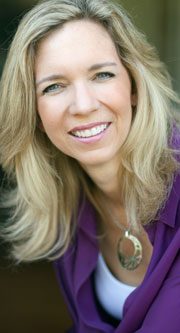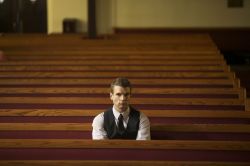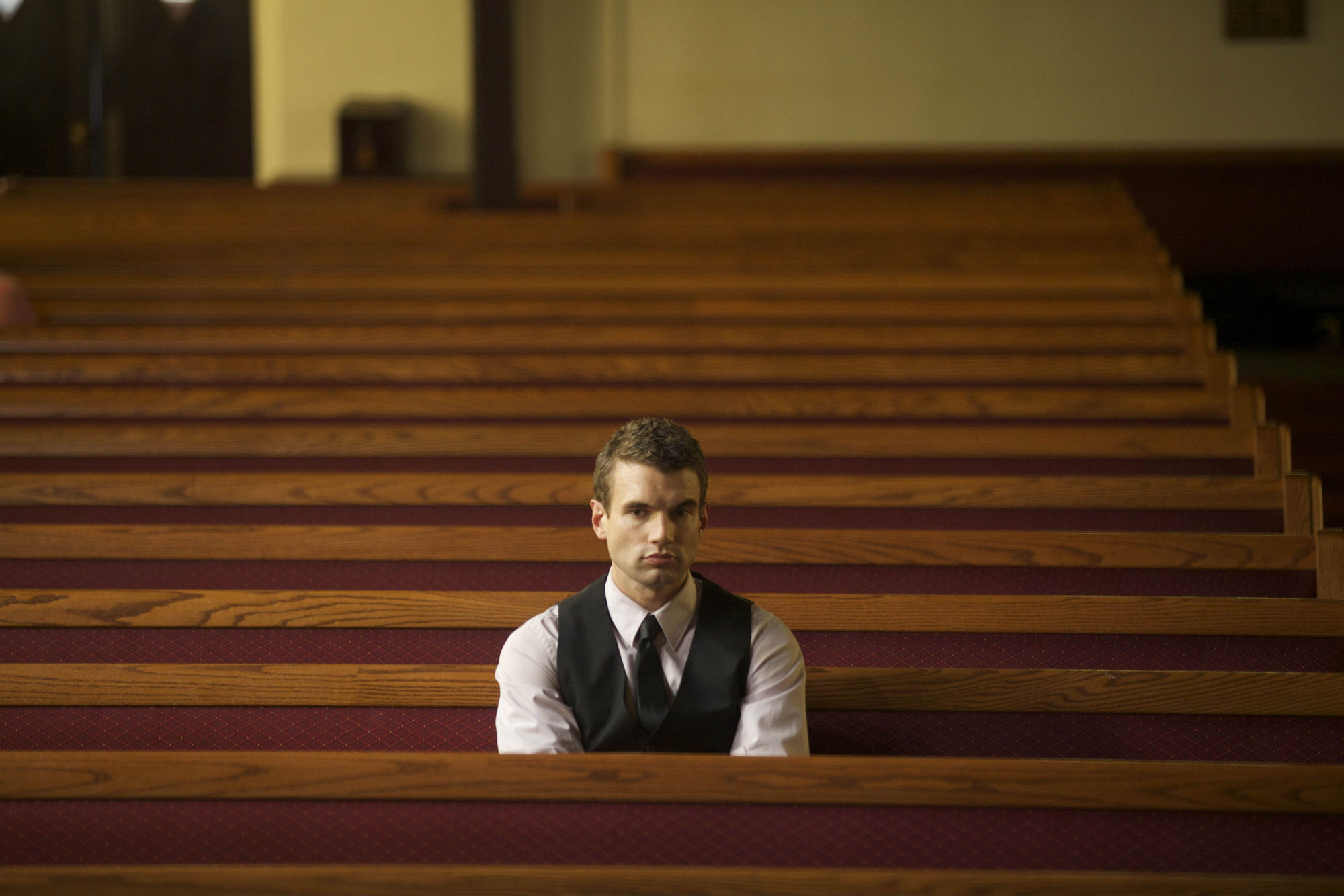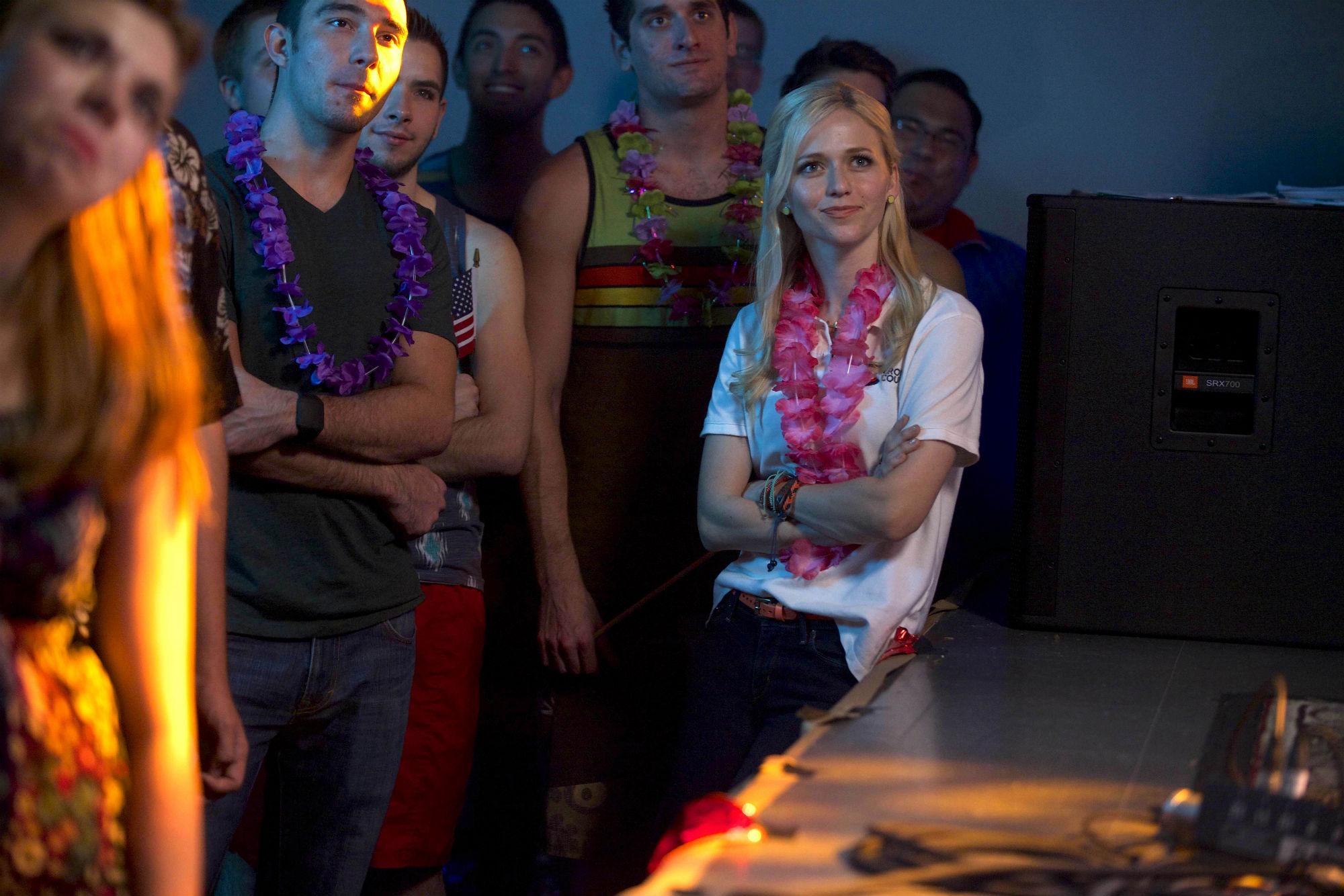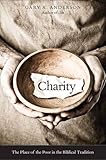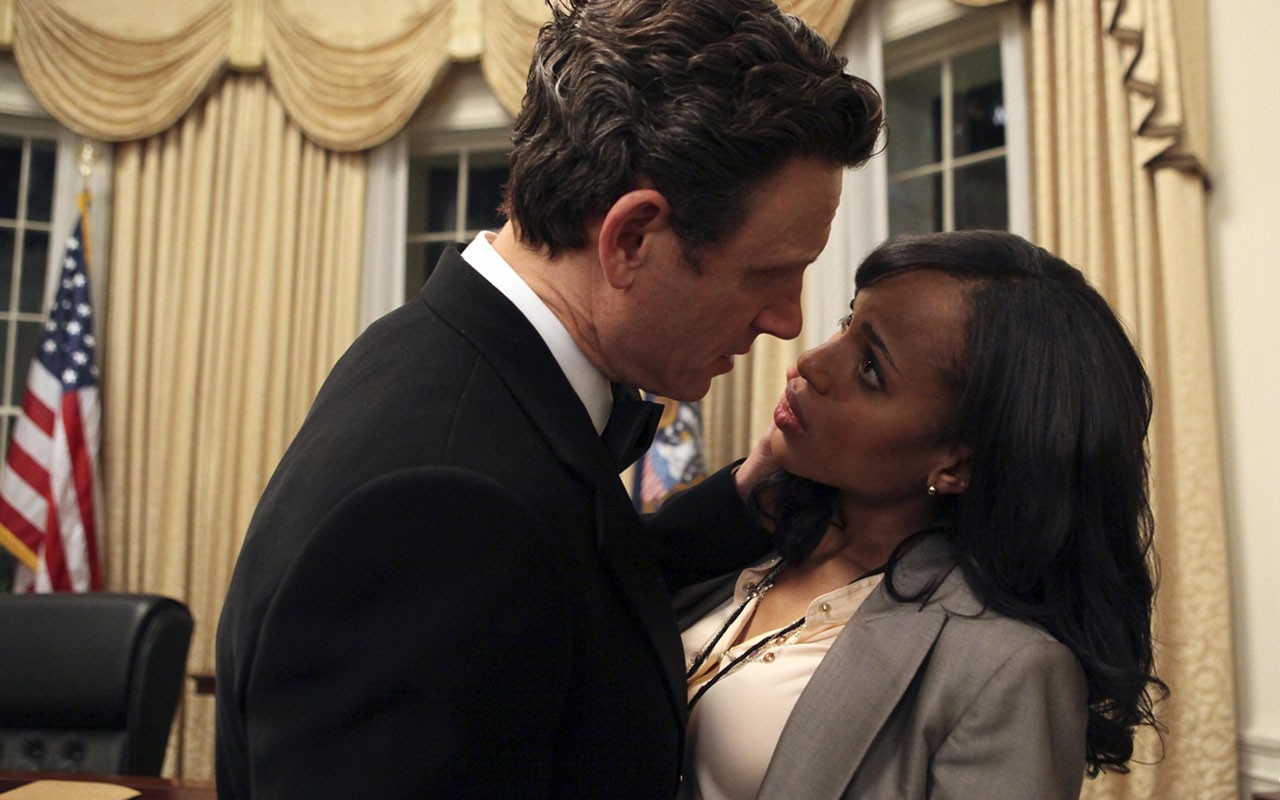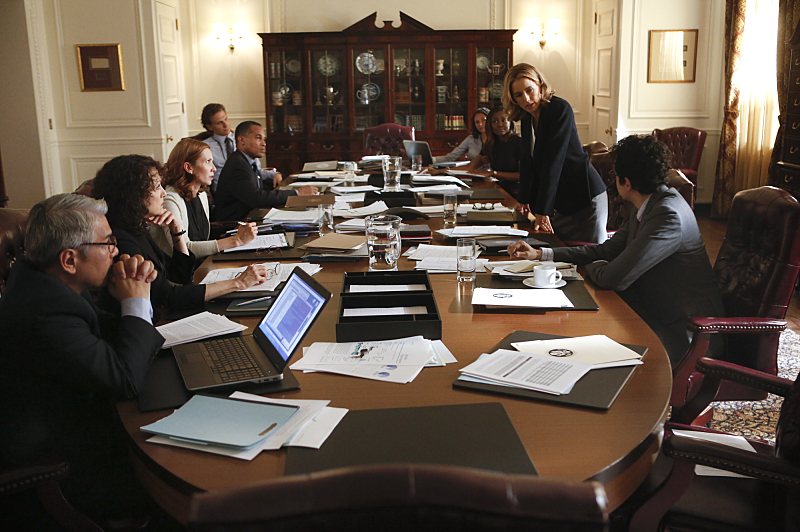Today we talk with Kara Powell, Executive Director of the Fuller Youth Institute and faculty member at Fuller Theological Seminary. Kara is also a speaker and author of a number of books including a series titled Sticky Faith. She shared her thoughts on how parents and churches can help develop a “Sticky Faith” among teens and young adults.
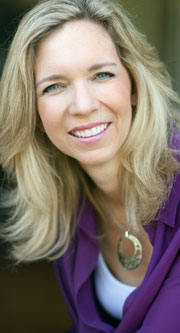
1) What are your thoughts on the hand-wringing narratives we often hear about the many young evangelicals who are walking away from the faith?
Well, I’m never a fan of “hand-wringing.” But as we at the Fuller Youth Institute have examined other research on what happens to youth group graduates, we’ve concluded that 40-50% of youth group kids from great churches and families drift from God and the church after graduation. As a mom, a leader, and a follower of Jesus, I’m not satisfied with that. We received multiple grants that have allowed us to study over 500 youth group graduates, 50 families, and 150 churches that are especially effective at building faith that lasts, or what we call “Sticky Faith.”
2) What, in your view, is the most important characteristic of what you call "Sticky Faith?"
It’s not easy to distill years of research into one single variable, but if I had to, I’d start with young people’s views of the gospel.
Our research indicates that most youth group graduates have embraced what Dallas Willard referred to as the “gospel of sin management.” This “sin management” gospel truncates the gospel to a list of behaviors, or “do’s” and “don’ts.” When young people fail to live up to these behaviors, they end up running from God and the church just when they need both the most. So at the heart of Sticky Faith is an understanding of grace.
Grace is what separates Christianity from every other religion, and yet sadly, young people are failing to understand that. Part of what I try to communicate to my own children, as well as other young people, is that Jesus is bigger than our biggest mistake. If the grace offered through Jesus Christ can’t handle our biggest struggles and sin, we need a new Jesus.
Grace is what separates Christianity from every other religion, and yet sadly, young people are failing to understand that.
3) I would guess most parents feel like they are failing, in some way, as parents. What word do you have for them?
The grace I want to pass on to my kids is the same grace I need to experience myself. My job at Fuller Seminary is fairly complicated, but it’s a piece of cake compared with being a good parent. I fall short, I get angry, and my kids see the worst of me.
But I'm not alone. As we have studied parents that have built “Sticky Faith” in their children, they have also made all sorts of mistakes. But, here’s what they do differently: they ask God to forgive them. They ask their kids to forgive them also. Spending time with these amazing parents has helped me become quicker to apologize to my own kids. Just last night, I used a tone of voice with my daughter that I wish I hadn’t. Five minutes later, I was in her room, asking for her forgiveness. Without our research, I doubt I would have done that.
4) How would you advise pastors and church leaders to create a healthy culture where faith is nurtured?
Another one of our key Sticky Faith findings is the power of intergenerational relationships. Sadly, we in the church have ended up segregating (and that’s not a verb I use lightly) the generations. We are well-intentioned, and there is certainly a time and a place for age-based ministries that are developmentally-targeted. One of my life mantras is that balance is something we swing through on our way to the other extreme. The typical church has swung too far to the extreme of generational segregation.
Following the wisdom of my colleague, Chap Clark, we encourage all families and congregations to make sure each young person is surrounded by five adults. Five adults who are on their team. Five adults who pray for them, who show up at soccer games, and who will be there for them when they stumble and fall in their faith. Not only do these cross-generational relationships change young people, they also bring greater life and vitality to adults and entire congregations.
The typical church has swung too far to the extreme of generational segregation.
5) How has your own parenting experience informed your work?
Before I had kids, I was more critical of parents and frustrated that they “don’t get it.” Now I realize how hard it is to be a thoughtful, intentional parent. How challenging it is to kindly respond to my kids when they each need something from me, and I feel both emotionally and physically depleted.
So in our new Sticky Faith Guide for Your Family book, we present over 100 ideas for parents, many of which are fairly simple and can be implemented immediately. Because I’m a parent, I know that parents need ideas they can do on their ten minute drive with their kids from church to home, or in the five minutes they spend with their kids before they go to bed.
Daniel Darling is vice-president of communications for the Ethics and Religious Liberty Commission. He is the author of several books, including his latest, Activist Faith.


